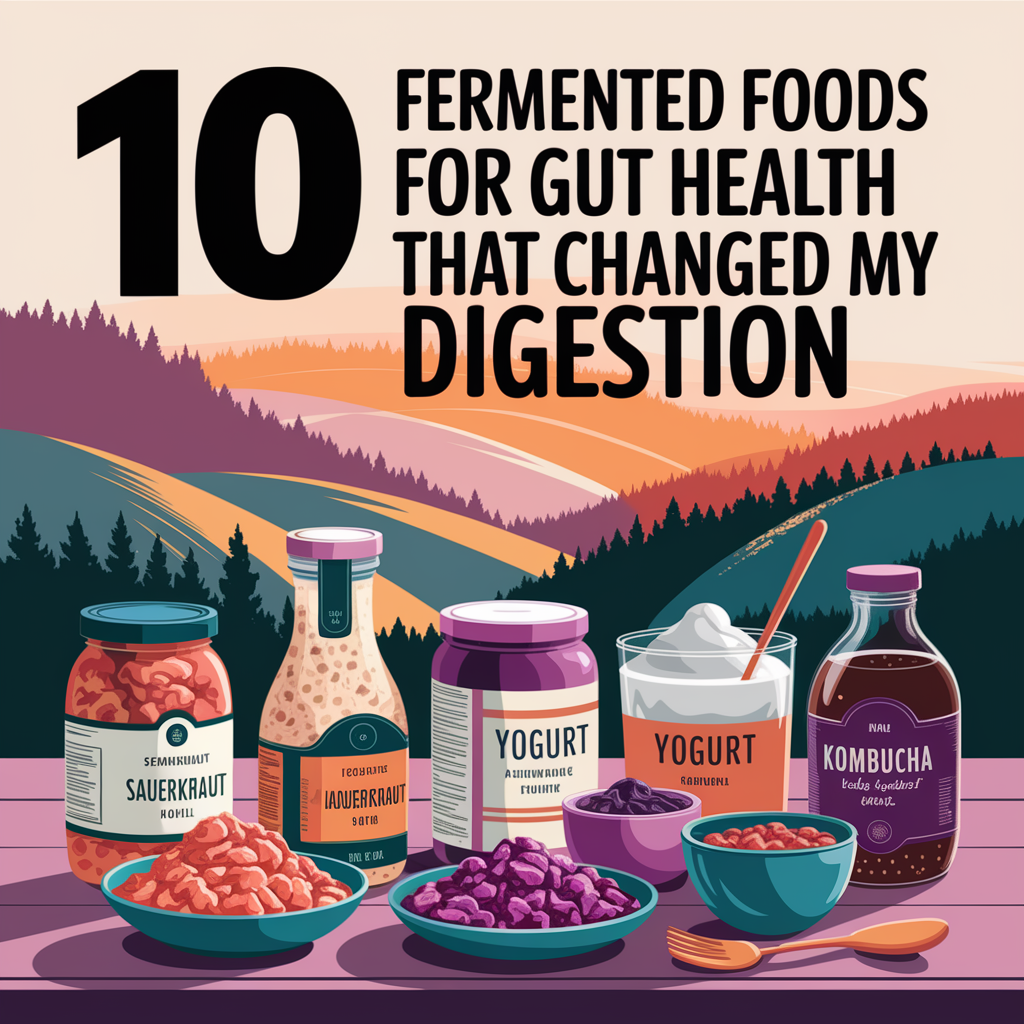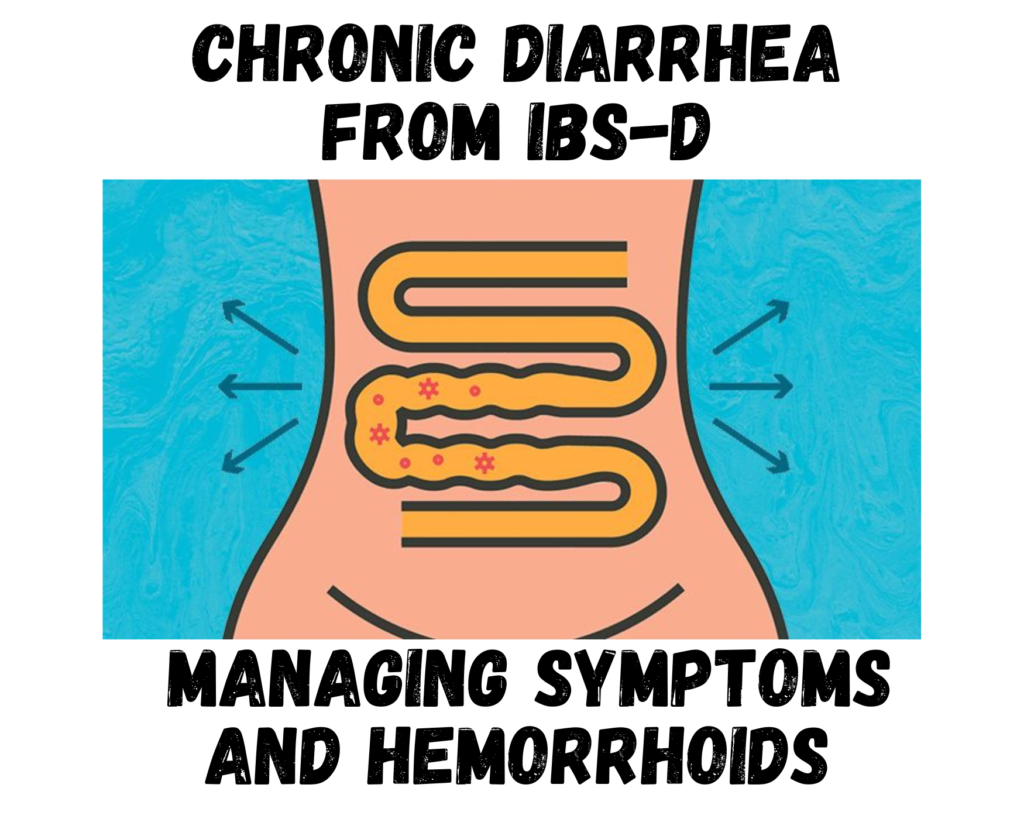
Why Does My Stomach Hurt After Running? My Story and What I Learned
I’ll never forget the first time I tried to take up running. I made it about a mile down the trail when I got hit with this sharp, cramping pain in my lower stomach. It wasn’t just a side stitch — it felt deeper, like something in my gut was throwing a tantrum. At first, I brushed it off as being out of shape, but when it kept happening, I realized something else was going on.
Turns out, stomach pain after running is way more common than I thought, especially if you’ve got a sensitive gut like I do. And whether it’s cramps, reflux, or the dreaded “runner’s trots,” it’s not just something to suffer through. Let’s break down what causes it — and what actually helps.
Is It Normal to Get Stomach Pain After Running?
The short answer? Yes, but that doesn’t mean it’s okay to ignore it. A lot of runners — especially beginners — deal with stomach discomfort. For some, it shows up as sharp cramps or bloating. For others, it might be acid reflux or an urgent trip to the bathroom mid-run (yeah, been there).
What I’ve learned is that your gut reacts to how you fuel, how hard you push, and even how stressed you are. And if you’ve ever had gut issues after antibiotics or struggle with conditions like IBS or a hiatal hernia, it makes you even more likely to feel the pain.
👉 If your gut’s been off since antibiotics, I wrote about how to restore gut bacteria after antibiotics — it made a huge difference for me.

1. Running Too Soon After Eating
This one got me more times than I’d like to admit. I used to eat a sandwich, wait 30 minutes, then hit the trail. Bad idea. Running on a full stomach slows digestion, causing your food to slosh around and gas to build up. That means cramps, nausea, and sometimes bloating that lasts for hours.
What helps:
- Wait at least 1.5–2 hours after eating a full meal
- Stick with lighter snacks (like a banana or plain toast) 30–60 minutes pre-run
- Avoid high-fat, fried, or super fibrous foods beforehand
If you’re like me and have sensitive digestion, this tip alone might fix 80% of the issue.
👉 You’ll also want to see what to eat and avoid with a hiatal hernia if reflux or upper stomach tightness is part of your post-run discomfort.
2. Dehydration and Electrolyte Imbalance
Most people assume dehydration just means you’re thirsty. But for me, it often showed up as stomach cramps — especially on hot days. When you run, you sweat out more than just water — you also lose electrolytes like sodium and magnesium. That imbalance can cause gut spasms, nausea, or cramping.
How to fix it:
- Drink water consistently all day — not just before your run
- Add electrolyte powder to your water if it’s hot or you sweat a lot
- Don’t overdo caffeine — it can make dehydration worse
This stuff is especially true if you’re doing longer runs or live somewhere humid. When I finally took hydration seriously, my stomach pain dropped big time.

3. Acid Reflux Might Be the Culprit
From personal experience, one of the most frustrating surprises I had after picking up running again was getting that burning stomach pain — especially when I ran too soon after eating. That pain? It turned out to be acid reflux acting up.
When you run, your core is under constant pressure and movement, which can push acid up into your esophagus. If you’ve got a hiatal hernia, it can make reflux even worse during or after a workout.
What helped me:
- Avoid running for at least 2–3 hours after a meal
- Cut out trigger foods like chocolate, coffee, and fried stuff beforehand
- Sip some soothing herbal tea after your jog — I swear by this Yogi Chamomile Tea 🍵
This helped me so much, I even wrote a full post about how chamomile tea helps with acid reflux that walks through what worked and why.
4. Could You Be Running on an Empty Gut?
Here’s a weird one I figured out the hard way: running without any food in your stomach can sometimes trigger pain too. I used to think, “Hey, better than running full,” but nope — too empty isn’t great either.
If you run completely fasted (like early morning runs), your stomach acid can still be active and irritate the lining, especially if you’ve had reflux or ulcers before. This left me with that hollow ache right in the gut.
A small fix that worked:
- A banana or slice of toast 30–60 minutes before running gave me just enough buffer
- I also drink a little Benefiber with supergreens to support gut balance if I’m going light on food
More tips like this are in my article on gut health myths — you might be surprised what advice is outdated!

5. Could Gas Be to Blame?
Oh man, gas pain after running can be brutal. I didn’t expect it, but after a few longer jogs, I realized the bouncing and jostling around can actually trap gas in the intestines and make it feel like sharp stomach pain.
It’s not always food that triggers it — sometimes it’s just swallowing air while running, carbonated drinks, or even certain supplements.
Things I changed:
- No fizzy drinks before or after a run
- Added probiotics to keep things regular (this Garden of Life probiotic really helped me)
- Shortened my stride and improved my breathing pattern
If bloating and gut pain are constant, you might also want to read my guide on restoring gut health after antibiotics — it explains what throws your gut off balance and how to fix it naturally.
6. Are You Dehydrated?
This one’s basic, but easy to overlook. I’ve found that even being slightly dehydrated makes my gut more sensitive during exercise. Without enough fluid, your digestion slows down and your intestines get cranky — literally.
Dehydration can lead to:
- Cramping and poor nutrient absorption
- Constipation or sluggish bowels
- Stomach pain from poor circulation in your gut
I now make sure to hydrate an hour before running and sip water slowly — not gulp it right before I go. Adding a pinch of salt or a little electrolyte mix helps too.
And if you’re looking to naturally boost your gut while staying hydrated, mixing Benefiber Supergreens into water is my go-to.

7. Stress and Anxiety Can Creep In
I used to think it was just the run triggering my stomach pain, but turns out, stress and anxiety played a huge role too. On days when I was already anxious or overwhelmed, even a short jog left my stomach feeling like it was in knots.
There’s actually science behind this — your gut and brain are deeply connected. Stress activates your fight-or-flight mode, which slows digestion and increases stomach sensitivity.
What helped me:
- Doing a slower, more mindful warm-up
- Practicing box breathing before and after my run
- Drinking calming tea like this Yogi Organic Chamomile — it’s soothing on the stomach and nerves
If stress is your issue too, definitely check out how gut health can affect mental health — I was shocked how closely connected it all is.
8. Overexertion Can Shock Your System
I get it — we push hard because we want results. But pushing too hard too soon is a major gut trigger. When I’d overdo it, I noticed my stomach would cramp up or feel heavy and sore for hours.
Here’s why: intense exercise diverts blood away from the digestive system toward your muscles. That’s great for performance, but not so great for digestion if your gut was still busy working.
If you’re new to running or increasing intensity:
- Build up gradually — don’t go from zero to 10 miles
- Stay under 80% effort if you’re still eating 1–2 hours before
- Choose low-impact alternatives like walking or biking if symptoms persist
I also found relief in gentle exercises for hiatal hernia — even if you don’t have a hernia, they’re easy on the gut and effective.

9. You Might Be Running With a Hidden Hiatal Hernia
It took me way too long to figure this one out — a hiatal hernia can actually cause serious stomach discomfort during or after running. If you’ve got one and don’t know it, you might be blaming your workouts when it’s really this underlying issue.
A sliding hernia is most common and often triggered by pressure from things like running, heavy lifting, or straining. Symptoms can include:
- Pain behind the sternum
- Nausea or burping
- Fullness or tightness in the upper belly
Want to learn more? I broke down the different hiatal hernia types and how to spot the signs. Diet also plays a huge role, so check out what to eat and avoid if you think you might be dealing with this.
10. Food Intolerances Are Sneaky
This was a big “a-ha” moment for me. I realized some of the foods I was eating pre-run weren’t just heavy — they were foods I was mildly intolerant to. I’m not talking full-blown allergies, just low-grade sensitivities that flared up when combined with exercise.
Common culprits:
- Dairy (especially milk or whey protein shakes)
- Gluten-containing carbs like bread or granola bars
- Artificial sweeteners (some protein bars are full of these)
After tracking my symptoms, I swapped in more gut-friendly options. A big one? Kefir — it’s packed with probiotics and easy on my system. I mentioned that in my gut health reset guide that goes into what truly helps the microbiome bounce back.

11. Post-Run Habits That Make It Worse
After a run, it’s tempting to lie down, stretch flat on the floor, or grab something greasy to refuel. I used to do all of that… and then wonder why my stomach hurt after running every single time.
Turns out, certain post-run habits can actually make symptoms way worse:
- Lying down too soon can increase pressure on the stomach and esophagus
- Eating fast or chugging water may bloat the gut
- Tight clothing after a run (like compression gear) can put pressure on the belly
Now I focus on walking it out, sipping herbal tea (that Yogi Chamomile Tea is my go-to), and waiting at least 30 minutes before eating anything too heavy. These small shifts made a big difference for me.
12. When to See a Doctor About Stomach Pain After Running
Let me be real — I brushed off my stomach pain for way too long. I kept telling myself it was normal or that I just needed to tough it out. But some symptoms aren’t just “runner’s tummy” — they can signal a deeper issue like ulcers, hernias, or gastrointestinal disorders.
You should definitely talk to a doctor if:
- Your pain is sharp, persistent, or gets worse
- You experience bleeding or black stools
- Your appetite is affected or you’re losing weight unintentionally
Getting my gut issues checked helped me find relief and also led me to create content like this myth-busting gut health article, because people deserve better answers.

So why does my stomach hurt after running? For me, it was a mix of bad timing, poor food choices, hidden stress, and a hiatal hernia I didn’t even know I had. Once I tackled those root causes and focused on healing my gut, running became enjoyable again.
If you’re asking “why does my stomach hurt after running?” — you’re not alone. Listen to your body, tweak your habits, and don’t be afraid to dig deeper into gut health. You deserve to feel good while chasing your goals.
As an Amazon Associate we earn from qualifying purchases through some links in our articles.


